Young Törless (1966)
“You agree to everything. You are a coward!”
|
Synopsis: |
|
Genres, Themes, Actors, and Directors:
Response to Peary’s Review: Ironically, while Carrière’s Thomas detests the way Beineberg and Reiting “intellectualize that what they’re doing to Basini is an experiment in human nature (to see how much he will take),” Thomas himself could be seen as the ultimate passive intellectualizer, given his lack of willingness to step in and help Basini; which is worse? Meanwhile, Thomas’s frustration with Basini’s “masochistic [sic] acceptance of his degradation and victimization” also seems off-base, since Basini is simply and pragmatically trying to survive. Shedding additional light on this topic, film scholar Timothy Corrigan — in an essay for Criterion on the film’s historical relevance — writes:
He continues:
Striking Bernd Tischer (this is his only listed film role on IMDb) makes quite an impression as the school’s dominant bully; and in a surprising bit of casting, Barbara Steele plays a prostitute who piques Törless’s curiosity more than his lust. On a side note, I was particularly interested in revisiting this film after learning more about Carrière through his daughter Alice’s recently released memoir, Everything Nothing Someone (2023), in which she very openly discusses the impact of his eccentric, philosophy-driven parenting style on her own fragile sense of self; one can see traces of the father she describes in this much earlier role for Carrière (his breakthrough film). Notable Performances, Qualities, and Moments: Must See? Categories
Links: |
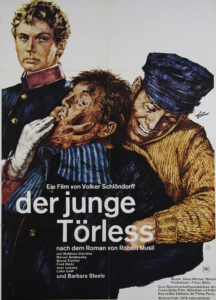
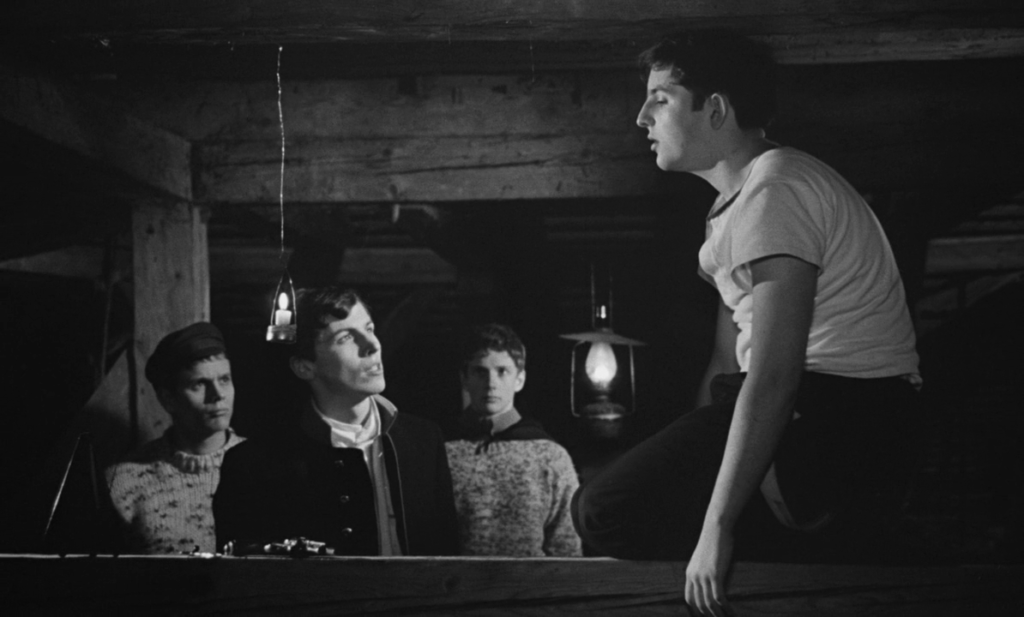
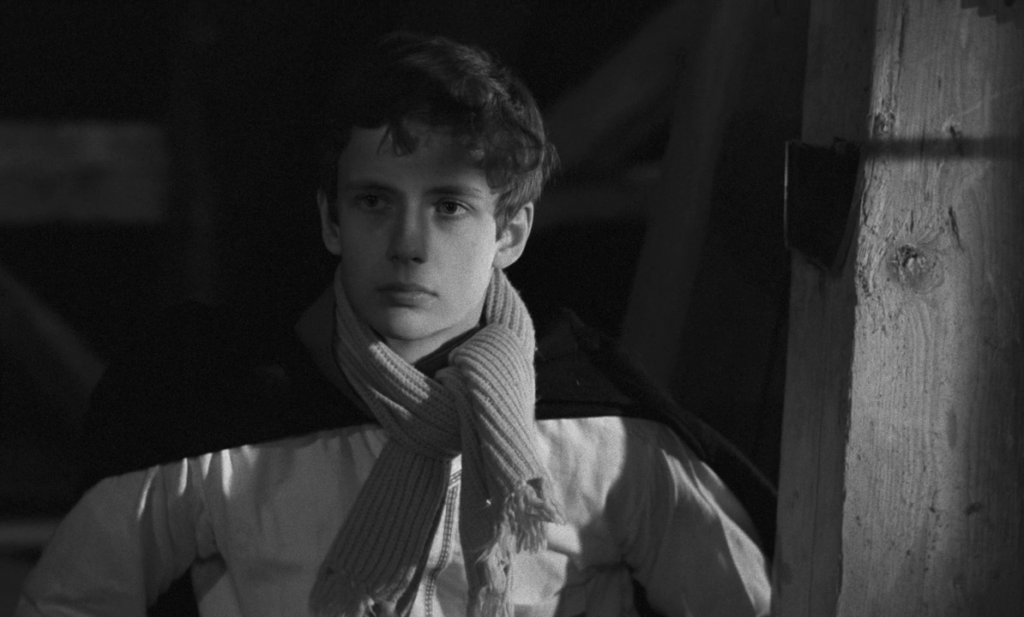
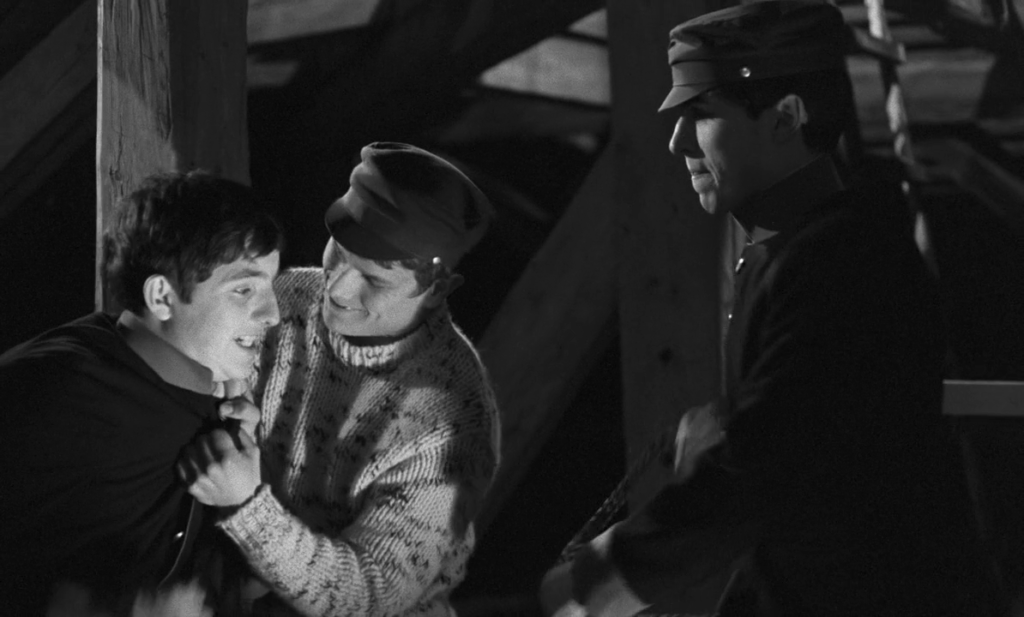
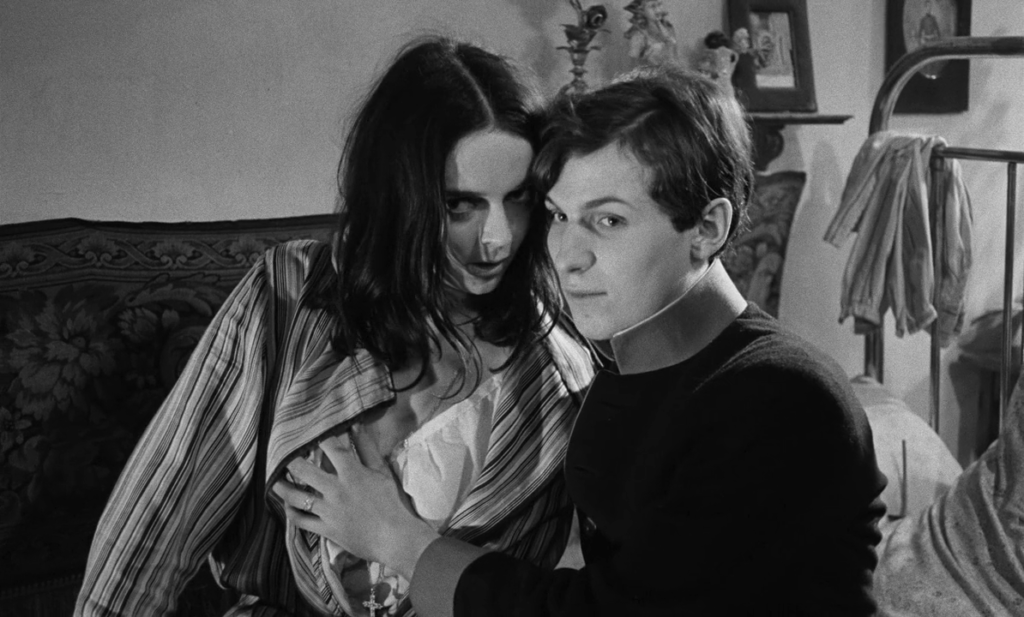
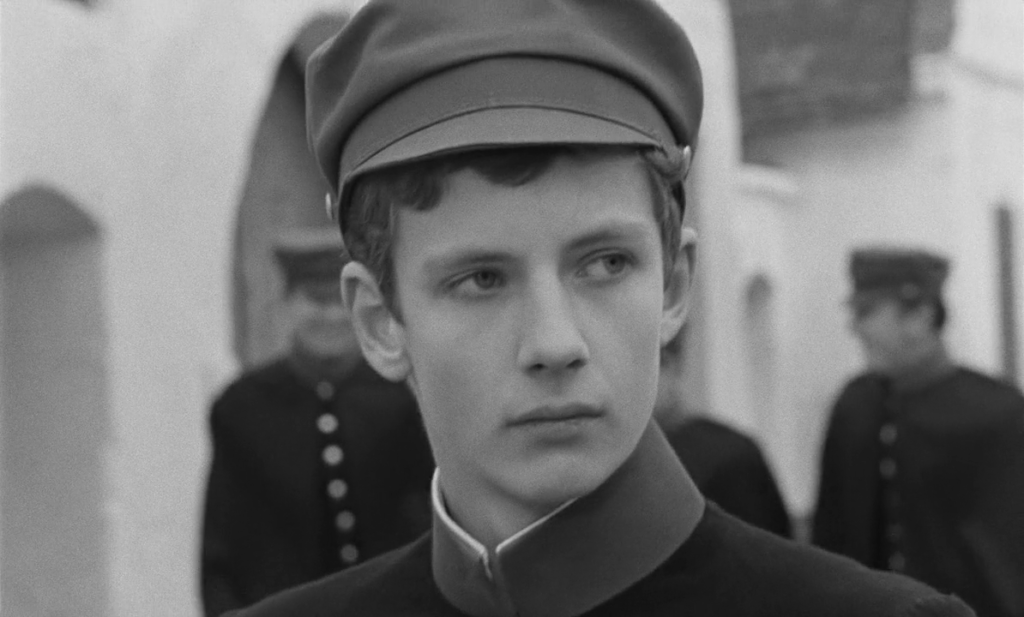
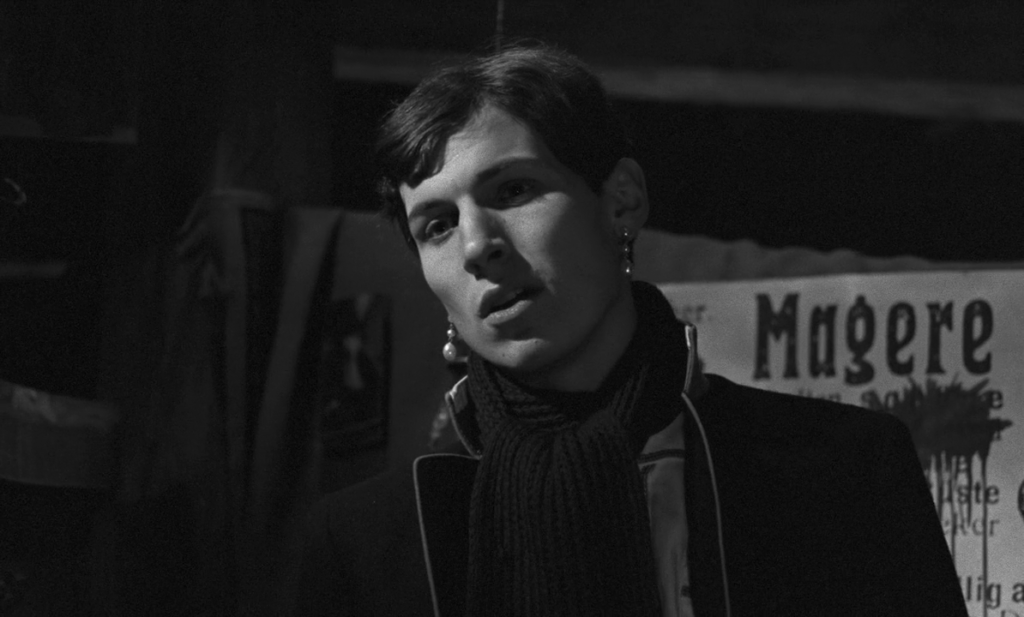
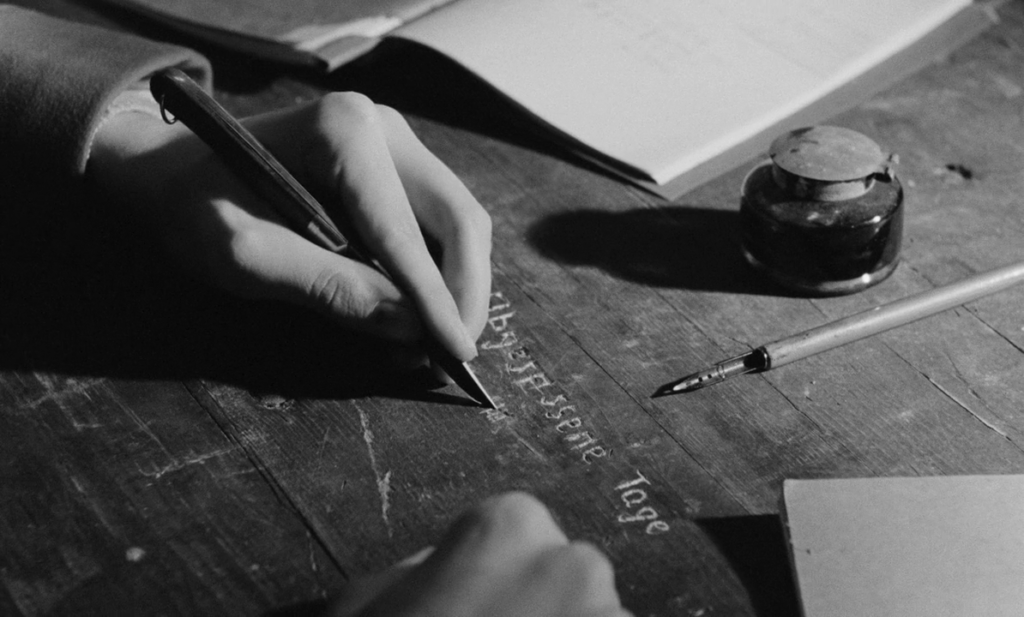
One thought on “Young Törless (1966)”
First viewing (1/23/22). A once-must, as a powerful debut by Schlöndorff.
In the Criterion extra on the making of the film, the director gives a concise overview of the production and the film’s reception. It’s remarkable that his debut – after assisting Resnais on ‘Last Year at Marienbad’ and Malle on ‘Zazie dans le metro’ – feels so assured.
Schlöndorff points out the parallels between his take on the autobiographical 1906 novel and the rise of Nazism – a view which did not sit well with certain Germans who were embarrassed by anything that reminded the world of the truth of Hitler’s terror (and Germany’s complicity).
The film is particularly impressive by way of the standout, naturalistic performances that the 25-year-old director elicited from the 4 15-year-olds who carry the film.
It’s interesting to see Steele here as well. In her small-yet-noteworthy turn as a prostitute (who also works in a restaurant), Steele shows she was capable of more than the world of horror films had to offer her. She rarely appeared outside of horror films though she occasionally managed (i.e., this, and Fellini’s ‘8 1/2’ and Malle’s ‘Pretty Baby’).
Also of note: the b&w cinematography by Franz Rath and the evocative score by Hans Werner Henz.